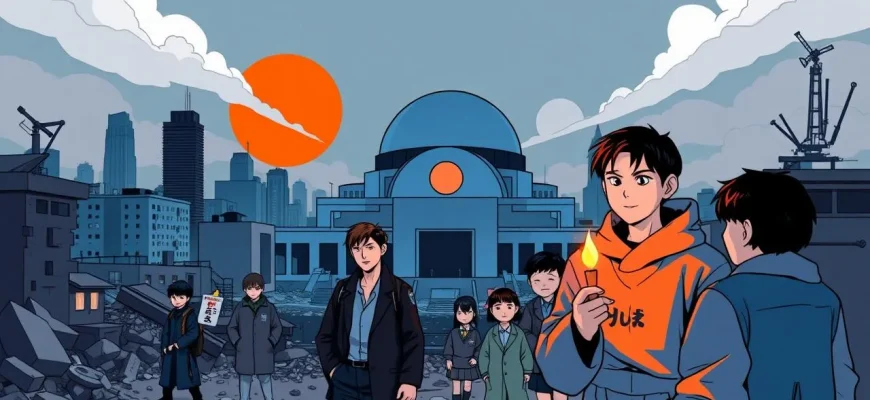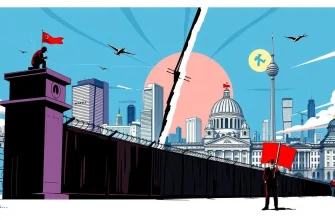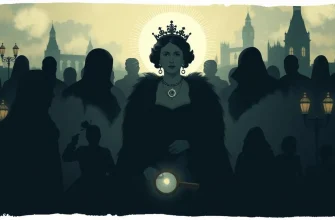The atomic bombing of Hiroshima remains one of the most significant and harrowing events of the 20th century. This curated collection of thriller films delves into the aftermath, exploring themes of survival, guilt, and the human spirit's resilience. Each film provides a unique perspective on the event, offering viewers not only a thrilling experience but also a deeper understanding of the historical and emotional impact of Hiroshima.
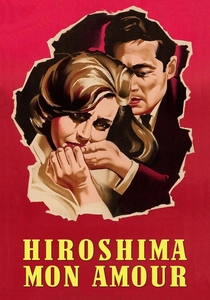
Hiroshima Mon Amour (1959)
Description: This French-Japanese film intertwines the personal story of a French actress and a Japanese architect with the broader historical context of Hiroshima, making it a poignant thriller about memory and love.
Fact: The film was directed by Alain Resnais and was one of the first to deal with the Hiroshima bombing in a narrative context. It was also nominated for an Academy Award for Best Original Screenplay.
 Watch Now
Watch Now
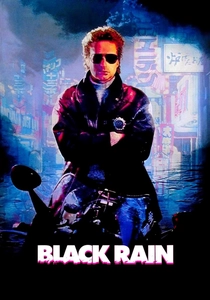
Black Rain (1989)
Description: While not directly about Hiroshima, this film's title refers to the "black rain" that fell after the atomic bombing, symbolizing the aftermath and the lasting effects on survivors.
Fact: The film was directed by Ridley Scott and features a notable performance by Michael Douglas. It's more known for its action-thriller elements but has a subtle nod to Hiroshima's legacy.
 Watch Now
Watch Now
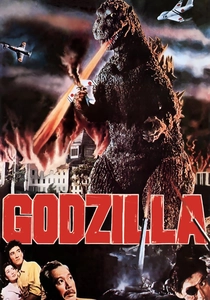
Gojira (1954)
Description: While not directly about Hiroshima, Godzilla's origin story is often interpreted as an allegory for nuclear destruction, making it a relevant thriller in this context.
Fact: The original Japanese version is much darker and more reflective of the nuclear anxieties of the time than its American adaptations.
 30 Days Free
30 Days Free
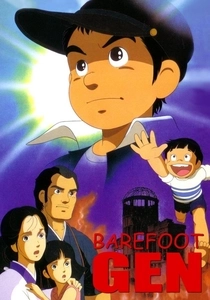
Barefoot Gen (1983)
Description: An animated film that, while aimed at younger audiences, does not shy away from the horrors of Hiroshima, making it a unique entry in the thriller genre due to its intense subject matter.
Fact: It's based on the manga of the same name by Keiji Nakazawa, who was a Hiroshima survivor himself, adding a layer of authenticity to the story.
 30 Days Free
30 Days Free
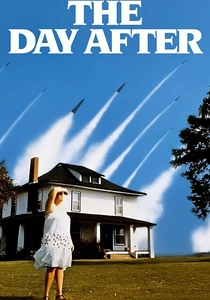
The Day After (1983)
Description: This TV movie, although set in the US, explores the aftermath of a nuclear attack, providing a chilling parallel to Hiroshima's reality.
Fact: It was one of the most-watched television films of all time and sparked widespread public debate about nuclear war.
 30 Days Free
30 Days Free
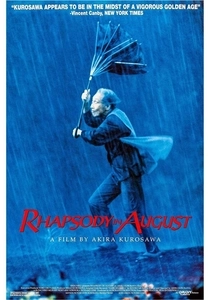
Rhapsody in August (1991)
Description: Directed by Akira Kurosawa, this film explores the life of a Hiroshima survivor and her family, touching on themes of forgiveness and the psychological impact of the bombing.
Fact: This was one of Kurosawa's later films, focusing on the personal rather than the epic, and it was his first film to be released in the UK with subtitles.
 30 Days Free
30 Days Free

Hiroshima (1995)
Description: A TV movie that provides a detailed account of the bombing from multiple perspectives, creating a suspenseful narrative around the event's unfolding.
Fact: This film was produced for the 50th anniversary of the bombing and features a large ensemble cast to portray the diverse experiences of those affected.
 30 Days Free
30 Days Free

The Face of Jizo (2004)
Description: This film focuses on a Hiroshima survivor's struggle with her past, blending elements of drama and thriller as she confronts her memories.
Fact: It was directed by Kazuo Kuroki, who himself was a Hiroshima survivor, bringing a personal touch to the narrative.
 30 Days Free
30 Days Free

Children of Hiroshima (1952)
Description: One of the earliest films to depict the aftermath of the bombing, this movie captures the raw, immediate impact on children, making it a gripping watch.
Fact: Directed by Kaneto Shindo, the film was made just seven years after the bombing, providing a raw and unfiltered look at the devastation.
 30 Days Free
30 Days Free

The Bells of Nagasaki (1950)
Description: Although focused on Nagasaki, this film's themes of atomic aftermath and human resilience resonate with Hiroshima's story, making it a fitting inclusion.
Fact: It was based on the book by Takashi Nagai, a survivor of the Nagasaki bombing, and was one of the first films to address the atomic bombings in Japan.
 30 Days Free
30 Days Free

